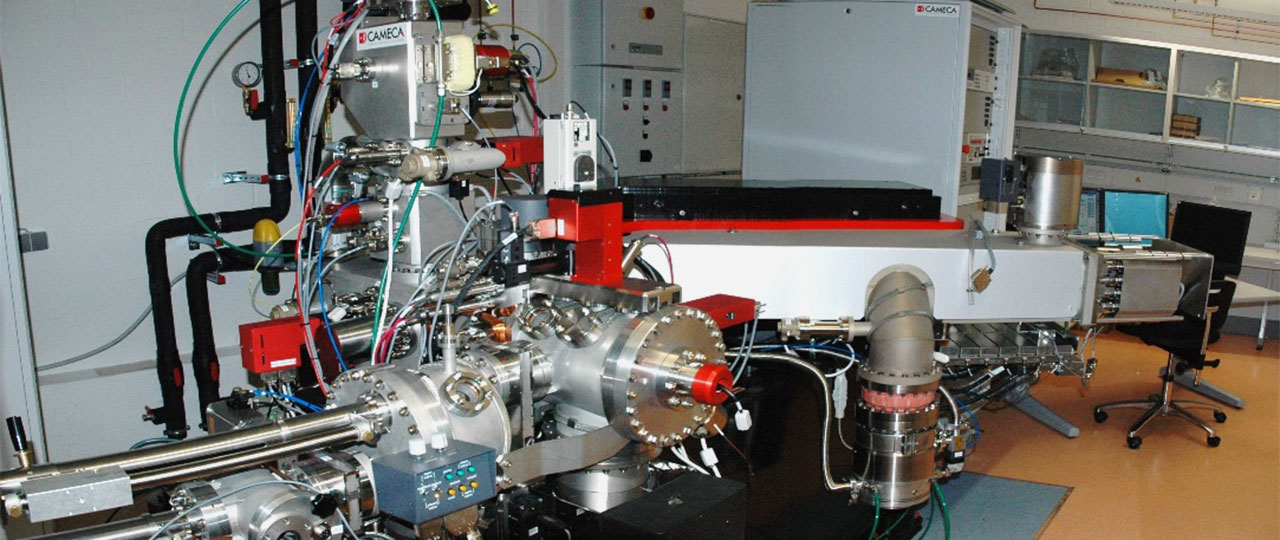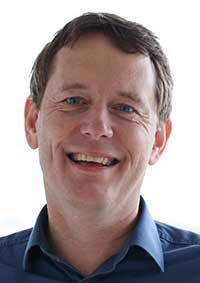Biogeochemistry
Cooperation Professorship Max Planck Institute for Marine Microbiology
Global change will likely result in an expansion of open ocean oxygen minimum zones, enhanced atmospheric deposition of nutrients and acidification of the surface ocean on very short, human time-scales. It is imperative that we quantitatively understand the pathways, interactions and environmental regulation of microbial processes that control oceanic nutrient cycling in the water column and sediments. To achieve these objectives a combination of chemical, microbiological, molecular and mathematical modeling techniques are used. NanoSIMS technology enables us to link the identity of microbial cells in a complex microbial community to cellular uptake rates and determine nutrient fluxes.

Working Area
Oxygen minimum zones, low-nutrient waters, Wadden Sea, Black Sea, North and South Atlantic OceanMethods
Experimental chemical, microbiological, and molecular-ecological methods to study processes in the water column and sediments. Quantification and mathematical modeling
Prof. Dr. Marcel Kuypers

1995 M.Sc. in Chemie, Universität Nijmegen, 2001 Promotion an der Universität Utrecht
Anstellungen/Aufenthalte
2001 - 2005 Wissenschaftler am MPI Bremen, 2005 - 2009 Nachwuchsgruppenleiter am MPI Bremen
Seit 2009 Max-Planck-Direktor der Abteilung Biogeochemie
Forschungsgebiete:
Biogeochemische Kreisläufe, Einzelzellmikrobiologie, Stickstoffkreislauf ,Nährstoffkreisläufe
Tel. +49 421 2028-6020
mkuypers mpi-bremen.de
mpi-bremen.de
Max-Planck-Institut für Marine Mikrobiologie
Celsiusstrasse 1
28359 Bremen
Prof. Dr. Marcel Kuypers

Max-Planck-Institut für Marine Mikrobiologie
Celsiusstrasse 1
28359 Bremen
Tel. +49 421 2028-6020
mkuypers mpi-bremen.de
mpi-bremen.de
Celsiusstrasse 1
28359 Bremen
Tel. +49 421 2028-6020
mkuypers
 mpi-bremen.de
mpi-bremen.de
